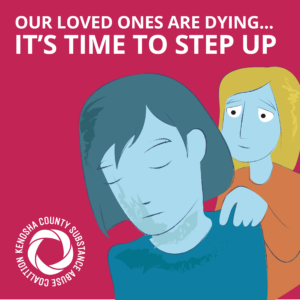 Addiction is considered a family disease because of its wholly negative impact on the family and other loved ones.
Addiction is considered a family disease because of its wholly negative impact on the family and other loved ones.
Consider how, when a person receives a diagnosis of a different chronic, progressive, lethal disease…one that ISN’T the disease of addiction, the typical societal response is to offer support – bring over food, offer rides, provide child care – you support the entire family while they wrap their arms and minds around the new diagnosis.
Now, take a moment to contrast that response to the one when a loved one gets diagnosed with an addiction. If, and it’s a BIG IF, but IF the family is even willing to discuss the disease with others, the typical response is too often blaming, shaming, and stigma. And so this chronic, progressive, lethal disease that the entire family suffers from continues to wreak havoc.
What if we regarded this disease the same way we regard other diseases? From the family member’s/loved one’s perspective, what if we all stopped pretending the disease didn’t exist? When we saw the continued negative consequences of addiction in our loved ones’ lives, what if we actually started pointing it out to them as we would with any other disease? “Hey, I see you have a great big new discolored mole with irregular edges on your back. You may want to have that looked at” works reasonably well for suspected skin cancer. What if we said to loved ones we suspect suffer from addiction, “Hey, I see you have a great number of negative consequences from your substance use, including loss of income and loss of friendships. You may want to have that looked at.” Sure, someone may get mad, but as with every chronic, progressive, lethal disease, the lethal part is a given without intervention. Without intervention, death or incarceration – or incarceration (then death) – is the result. It doesn’t matter if the disease is cancer or addiction or something else. The inevitable outcome of a chronic, progressive, lethal disease that is ignored is death.
But, people who suffer from other diseases actually want to get better, and with addictions it’s different, right? Well, no, it’s really not, but it certainly does seem that way. The truth is that the “relapse” rate for chronic diseases is all about the same, but what’s different is the level of frustration we feel with the person who actually has the disease. Loving a person with an addiction is hard, and knowing where our responsibility for that person ends is hard to recognize. That’s why loved ones have to understand – and then mitigate – their role in helping the addiction to continue.
“Codependency” is said to be the idea that I will work harder on your problem and your life than you do. “Enabling” is doing for someone what that person can and should be doing. It’s helping avoid the natural consequences of behavior, and it’s one of the factors that allows people with addictions to ruin lives…their own lives and those of the people who love them.
The bottom line is that the loved ones of those with addictions are also victims of the disease. They need to learn to detach…to let the people with the addictions experience their own consequences rather than taking responsibility for them. Doing so is hard, but it can be done.
This is the one disease where we seem to believe that we can force someone to get better…where we seem to think that we can provide them all the information that they need, and then they’ll simply accept it and miraculously stop using with no future concerns. But, let’s compare this to heart disease. Heart disease is caused by diet and lack of exercise among other factors. So, when a loved one has heart disease, do we go to the doctor’s office for that person to find out how to “cure” it, then take the information back to the sufferer? Of course not! We expect THAT person to go to the doctor and then make the changes to put him- or herself on a healthy path. And, if that doesn’t happen, what do we do? Threaten? Cry? Curse? Maybe. But we don’t run out to find a new doctor to start the process all over because that first doctor “just didn’t know what he was talking about and that treatment just didn’t work.”
Addiction is a disease: a chronic, progressive, lethal disease. It is no better or worse than any other chronic, progressive, lethal diseases, but our reaction to it – societal, familial, fraternal, or sororal – has to change because our loved ones are dying.




